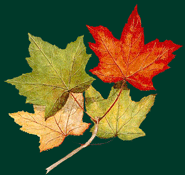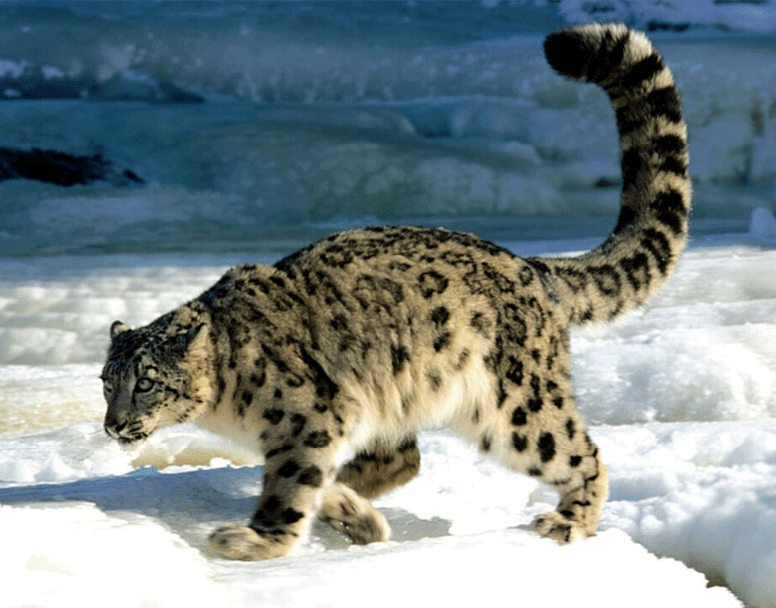


Philosophy of Science

Snow Leopard
Notices
April
April 5
As I announced in class some time ago, your second midterm will deal with one question only: What is a scientific Law? In answering that question I would like you to discuss/present/analize some of the following issues:
- The Regularity Theory of Laws: Ayer and Hume
- Hume on Causation
- The Problem of Vacuous Laws
- The Problem of Non-instantiated Laws
- The Missing-Values Problem for Functional Laws
- The Problem of Accidental Generalizations
- Ayer's Epistemic Regularity Theory
- Dretske's Necessitarian View of Laws
The length of your discussion should be about 5 pages.
You do not need to discuss Mellor's criticism of Dretske, nor do you need to discuss his defense of the Regularity Theory. However, you are welcome to make use of his article in any way you wish.
You may also wish to consult the Stanford Encyclopedia of Philosophy.
The previous due date was April 15. I have extended the due date to April 20, 4 pm (department of Philosophy office). The absolute deadline is April 20, 4 pm.
MarchMarch 24
I have posted papers by Ayer, Dretske and Mellor on the nature of laws. You should start with Ayer and then read Dretske and Mellor. Your second midterm will be on these papers. I will provide you with more information by Friday. The midterm will be due on the last day of classes.
March 9
I have posted Quine's article "Epistemology Naturalized." We will talk about it Thursday.
March 8
First Midterm
I have posted the question of your take-home First Midterm. The take-home midterm is due March 23.
Further Information for your term paper
For a long time, science was regarded as having epistemic authority because of its uniquely rational and objective method of enquiry. This deferential attitude has been challenged in recent decades by various forms of cultural-relativist or social-constructivist thinking, which attempts to undermine all accepted standards of truth, objectivity and scientific methodology. Cultural relativists claim that truth just is whatever we take it to be under this or that favoured description. Sociology, cultural theory and the so-called "science studies" all have attempted to develop a full-scale programme of reducing truth to what is "good in the way of belief" based on current contingent considerations. Thomas Kuhn's view, that scientists operating under different major paradigms quite literally "live in different worlds" and that no objective comparison is possible across such "incommensurable" worlds (see especially Paul Feyerabend) or theories has led to the "strong programme" in the sociology of knowledge, Richard Rorty's neo-pragmatism and certain forms of extreme postmodern thought.
In your essay I would like you to start with a brief characterization and/or outline of the above; perhaps, three to four pages. Chapter 5-9 of the textbook should provide you with sufficient information. In particular, you could start with Popper and then briefly discuss Kuhn and Feyerabend. This will provide a transition to cultural-relativist thinking and the radical attempts to undermine accepted standards of truth.
Once you have clearly outlined and characterized the anti-realist and cultural relativist positions, turn to John Searle. I would like you devote the bulk of your paper to a clear and coherent presentation of John Searle's causal realist position concerning science and our knowledge of the world. In other words, DO NOT write more than four pages on the anti-realist, relativist, perspectivalist position. I want you to really understand Searle's position!
The paper should be 12 (minimum) to 16 (maximum) pages long. The style for referencing is up to you; but it should be consistent. I encourage you to write in first-person. When explicating Searle, I encourage you to formulate ideas, concepts etc., as much as possible in your own words. That is, quote sparingly!
Hand in your essay by April 8 in order that I can provide you with comments. Otherwise the essay is due on the last day of class, which is April 15.
I encourage you to talk to me if you run into difficulties. You can also send me emails to that effect. I hope that you will enjoy doing this essay.
March 1
We will be talking about Popper and Kuhn this week and next week. You should read the two handouts by Popper and the three handouts by Kuhn.
The material by Searle is material for your essay. I will provide you with more information concerning the essay by Thursday. In the meantime, start reading the material by Searle.
February
February 24
I have posted a handout: Goodman's New Riddle of Induction. Please print it out and bring it to class tomorrow. It would be good if you could read it before class.
February 8
There will be no class tomorrow or Thursday because I am sick.
Watch for further notices, concerning handouts and topics.
February 1:
I have posted more handouts: 1. Carl Hempel: Studies in the Logic of Confirmation. 2. Peter Lipton: Induction. 3. Karl Popper: The Problem of Induction. 4. Wesley Salmon: Rational Prediction.
We will spend this and the next week on induction and confirmation. You should study chapter 3 of the textbook.
I will soon announce the topic for your term paper.
The midterm will be shortly after the midterm breack. I will announce the date and some topics or questions by the end of next week.
January 2010
January 27: There is a paper by Moritz Schlick in Handouts. It is a big file because I scanned it at too high a resolution. If you have difficulties downloading it let me know.
